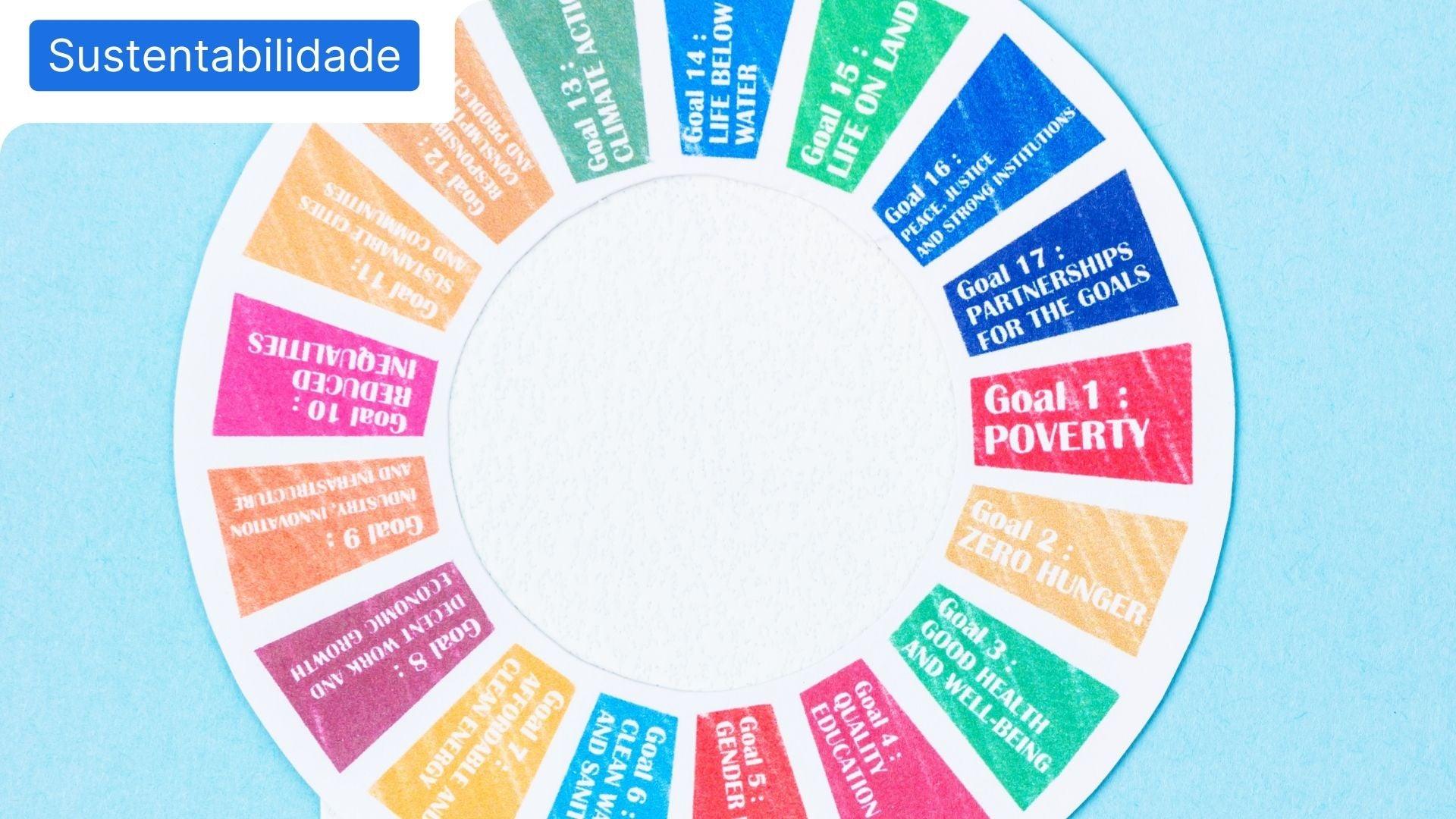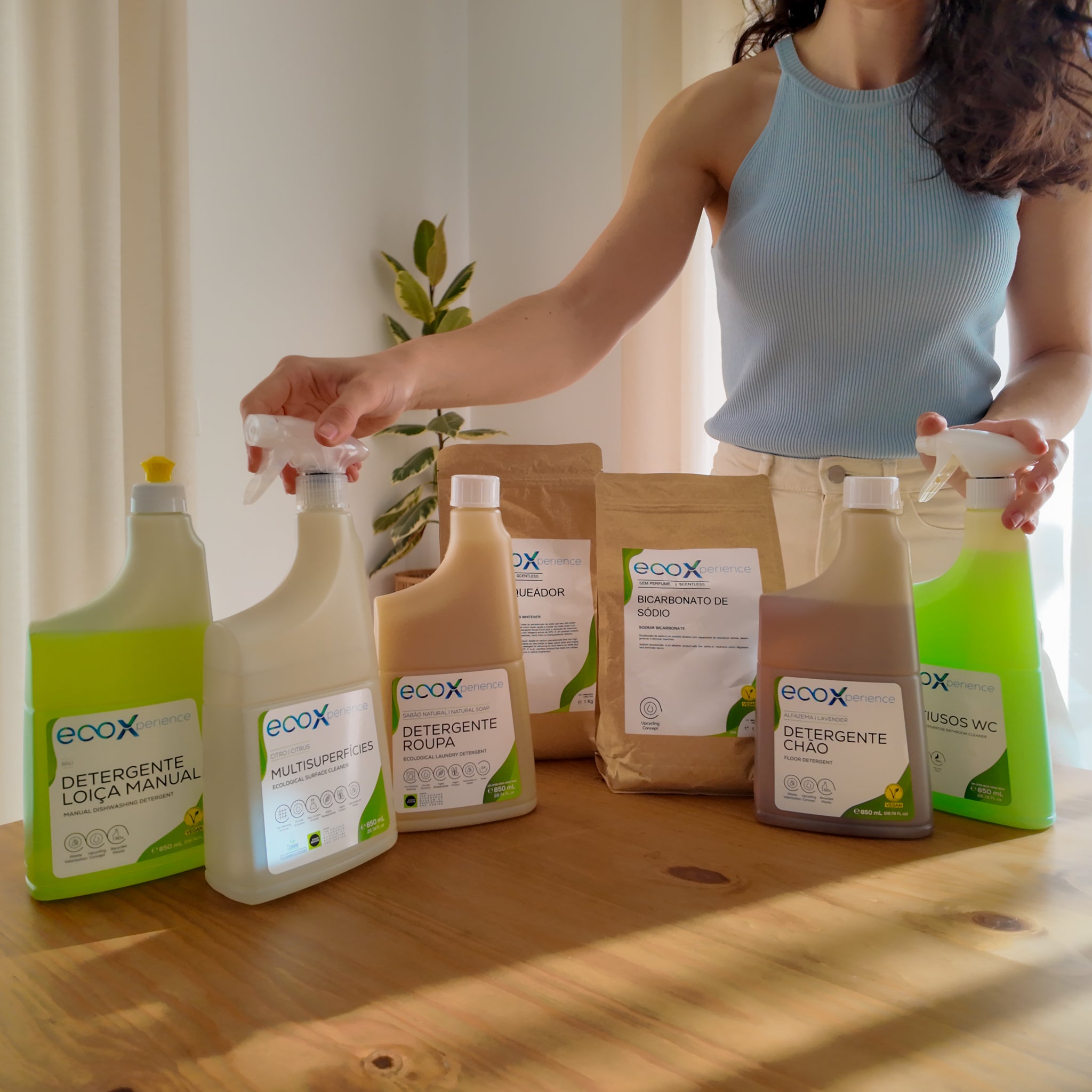
Sustainable development goals: the impact of upcyling detergents
The Sustainable Development Goals (SDGs) are of crucial importance for the development of society and the protection of the environment. Detergents, due to their daily presence in the lives of people and businesses, can contribute to this sustainable growth and protection.
In this article, you will find out which SDGs exist and what role each one plays. Finally, you can check out the impact of upcycling detergents and their contribution to some of these development goals.
What is the relevance of the Sustainable Development Goals?
In 2015, the countries that belong to the United Nations (UN) signed up to the 2030 Agenda, which establishes 17 Objectives with some targets to be met. It addresses the socio-economic and environmental dimensions of sustainable development.
These goals have global action plans with different purposes related to poverty, inequality, climate change, peace and justice. In other words, the 17 SDGs present a comprehensive perspective:
- They show an overview of all countries;
- They are based on values such as respect for human rights;
- They address issues such as sustainable financing, scientific research, innovation, monitoring and evaluation;
- It presupposes the strengthening of health systems worldwide.
In this way, these 17 principles aim to contribute to a world with more justice, equality and sustainability, allowing us to respond to current needs without compromising those of future generations.
Furthermore, they aim to contribute to greater social cohesion and a healthy society with equal opportunities for all.
What do the 17 Goals consist of?
With distinct but complementary scopes, the Sustainable Development Goals aim to:
Eradicate poverty
Eliminate extreme poverty and reduce the number of people in need. The goal here is to achieve inclusive economic growth with sustainable jobs.
Eradicate hunger
Ensure that all people have a nutritious and quality diet. At this point, there is also a fundamental focus on agriculture.
Quality health
Ensure well-being and healthy lives for all citizens, reducing mortality and epidemics and ensuring access to health services.
Quality education
Allow all people to have a quality education, with equal opportunities of access to education, at affordable prices.
Gender equality
Eliminate any discrimination against women and girls and strengthen equal rights and opportunities.
Drinking water and sanitation
Allow everyone to have access to this resource in a potable form, as well as sanitation and hygiene.
Renewable and affordable energy
Enable universal access to affordable energy services, invest in renewable energy and improve energy efficiency.
Decent work and economic growth
Maintain economic growth, achieve high levels of productivity and create policies that support decent employment and innovation.
Industry, innovation and infrastructure
Develop and modernize quality infrastructures, focus on sustainable industrialization and greater efficiency in the use of resources and processes.
Reduce inequalities: promote income growth for the poorest population, equal opportunities and social, economic and political inclusion.
Sustainable cities and communities
Safeguard inclusive and sustainable access to housing, basic services and transport. In addition, it aims to reduce the negative impact on cities.
Sustainable Production and Consumption
Implement sustainable management, use natural resources efficiently and reduce food waste.
Climate Action
Include measures in policies and invest in educating the population on the issue of climate change.
Protect Marine Life
Reduce marine pollution and sustainably protect marine and coastal ecosystems. It also takes into account the regulation of resource extraction;
Protecting Life on Earth
Ensure the conservation and recovery of diverse terrestrial ecosystems.
Peace, Justice and Effective Institutions
Ensure access to justice for citizens and strengthen institutions.
Partnerships for Implementing the Goals
Obtain resources and partnerships for sustainable development.
What is the contribution of upcycling detergents to the Sustainable Development Goals?
Upcycling means reusing what would otherwise be discarded to transform it into a product with a new function.
This means that transforming used cooking oil into detergents with a low environmental impact is upcycling. Upcycling detergents are differentiated by several points, such as:
- -50% extraction of natural resources: we reduce the extraction of resources for the production of products;
- Waste recovery: considering that one liter of used cooking oil contaminates up to one million liters of water, by using this waste to create new products we protect thousands of liters of water from contamination;
- Renewable use of resources: through the circular economy, we reuse ingredients and packaging and reduce the use of primary resources.
Impacts of upcycling detergents
In all EcoX actions and products we take into account the Sustainable Development Goals:
- Quality health: products without dangerous chemicals, which prevents contamination and pollution of air, water and soil;
- Quality education: providing training and transmitting knowledge and information about products, cleaning techniques and sustainability topics;
- Drinking water and sanitation/ Protecting marine life: oil, as it does not mix with water, creates a layer on top of it and prevents light and oxygen from entering the aquatic environment. One way to avoid water pollution is to correctly recycle used cooking oil to be transformed into cleaning products;
- Renewable and affordable energy: the detergents are produced in a Portuguese factory that has 542 photovoltaic panels, which allow the production of clean energy in a sustainable way;
- Industry, innovation and infrastructure: through innovation in technology and science, we have developed a formula that allows us to avoid removing raw materials from the environment to produce new products. Instead of removing them, we give new life to a waste produced by people and companies: used cooking oil;
- Sustainable cities and communities: we avoid the damage that cooking oil causes to public roads and reduce CO2 emissions resulting from the extraction of raw materials;
- Protecting life on land: used oil, when disposed of incorrectly, can cause communicable diseases, cause the death of marine species, pollute the water table and harm plant growth, and increase global warming.
If you want to try all the products that meet the Sustainable Development Goals , try the upcycling detergents and contact us if you have any questions.
Author: Daniela Matos








